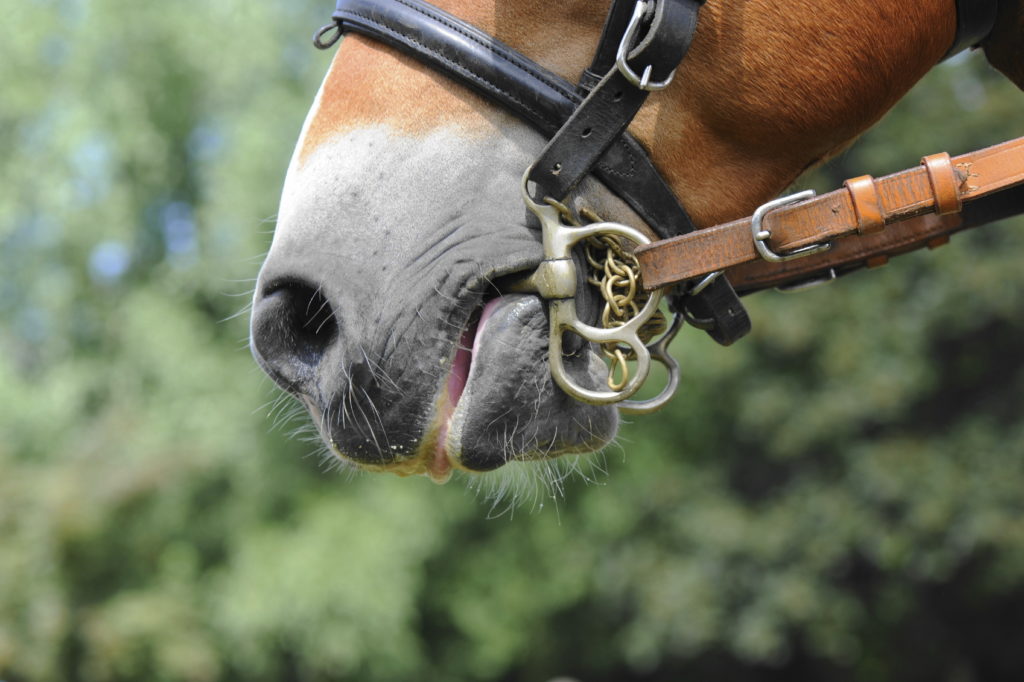
January is the peak month for divorce and for farming families, a break-up can be particularly complex. If a couple have children, their welfare always comes first. The next concern is normally financial security and what will happen to a farming business. However, another issue that worries many couples is what will happen to their horse or horses if they split. There are a number of issues to consider.
A horse is an asset
No matter how emotionally attached you are to a horse, in the eyes of the court it will be treated as an asset, like cars, bank accounts or property. The value of the horse will be taken into account along with your other assets.
Valuation
Ideally a couple will agree on the value of the horse. If that is not possible, a joint valuation will need to be carried out. The terms of the valuation should be agreed, along with the information to be provided to the valuer, which may include breeding history, published performance records and competition achievements, along with video footage of the horse.
Vetting
Most horses are sold ‘subject to vetting’, so it could be worthwhile approaching an equine vet to check over the horse before the valuation takes place.
Mingling
If the horse was owned by you before you got married, it will be classed as a ‘non matrimonial asset’. If it is ‘mingled’ with other assets its non matrimonial status will be compromised. This could happen if the responsibility for and enjoyment of the horse is shared by both spouses.
Interim sale
Because no one can guarantee how long a horse will live for a judge can order for the horse to be sold at any time during the divorce proceedings. Judges can specify many of the arrangements for the sale such as who the agent should be, who the horse should be placed with and who should train it in the run up to any sale.
Consider a pre-nup
Carefully drafted pre or post nuptial agreements can carry significant weight in deciding what happens to assets on divorce. If you own horses and want to ensure that you can keep them if your relationship should break down, then approaching an experienced solicitor to draft a pre-nup before you get married, or a post-nup if you are already married, could save you a lot of heartache later on.
Andrew Barton is a divorce specialist and family law partner in the rural services team at Stephens Scown. He was recently included in the Citywealth Leader’s List, a list of the best advisors in private wealth in the world. To contact Andrew, please call 01392 210700, email solicitors@stephens-scown.co.uk or visit https://www.stephens-scown.co.uk/supportsouthwestfarmerswww.stephens-scown.co.uk
